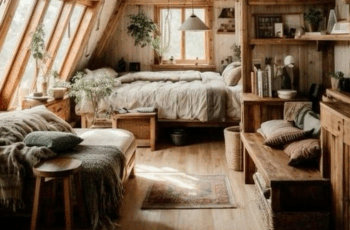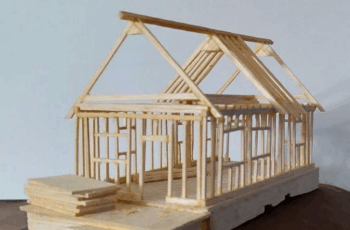
Picking where to build your off-grid cabin is a big deal. It can shape your whole experience of living off the grid, making things easier or a lot harder. You want a spot that feels right for you—where you can enjoy peace, stay self-sufficient, and not struggle with everyday challenges.
First off, think about what you really need and want. Are you after a quiet retreat for some alone time? Or maybe a place to hike, fish, or grow your own food? Your plans will guide where you should look. For example, if gardening is your thing, pick land with good sunlight and fertile soil. But if skiing or snowboarding sounds better, somewhere near the mountains might suit you more. Keep your priorities clear, so you don’t get distracted by stuff that won’t fit your lifestyle.
Next, accessibility matters more than you might think. Even if you want to get away from it all, you still want to be able to get there—especially if there’s an emergency. Check out the roads and how well they’re kept. It’s smart to visit during different seasons to see if weather makes things tricky. If you expect deliveries or visitors, good roads can save you headaches.
Water is a must-have, so look closely at what’s around. Is there a stream, lake, or well nearby? Can you collect rainwater? It helps to know how much rain the area gets and if collecting rainwater is allowed. Take water quality seriously — test it before you rely on it. Sometimes you might need a filtration system or even a well drilled, which can add to your costs.
Sunlight plays a huge role, especially if you plan on solar power. You want plenty of it all day long. Try to position your cabin so it faces the right direction to soak up as much sun as possible. Trees and hills can block sunlight, so think about where shadows might fall, especially in winter. A well-placed cabin can save you money and keep things cozy.

Don’t forget about local rules. Building codes, zoning laws, and permits can affect what you can do. Some places have limits on building size or what you can connect to for utilities. Talk to locals or experts before you commit. Sometimes you have to get creative to work within the rules, but that’s part of the process.
Finally, the area around your cabin matters too. Check out the wildlife, weather risks like floods or fires, and who else lives nearby. Some communities are tight-knit and supportive, which can be a big help. Connecting with locals or online groups can give you a better sense of what living there will be like.
All in all, choosing your off-grid cabin spot takes thought and research. Think about what’s important to you, check out the land carefully, and keep an eye on practical stuff like water and access. With the right place, you’re setting yourself up for a peaceful, sustainable life away from the usual hustle.
So go ahead, explore your options, and find that spot that feels like home.


